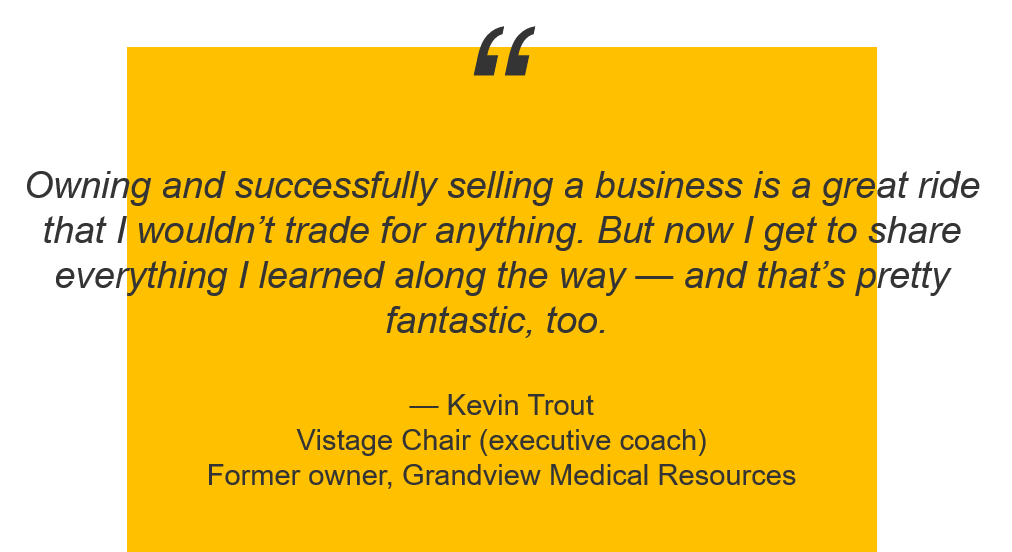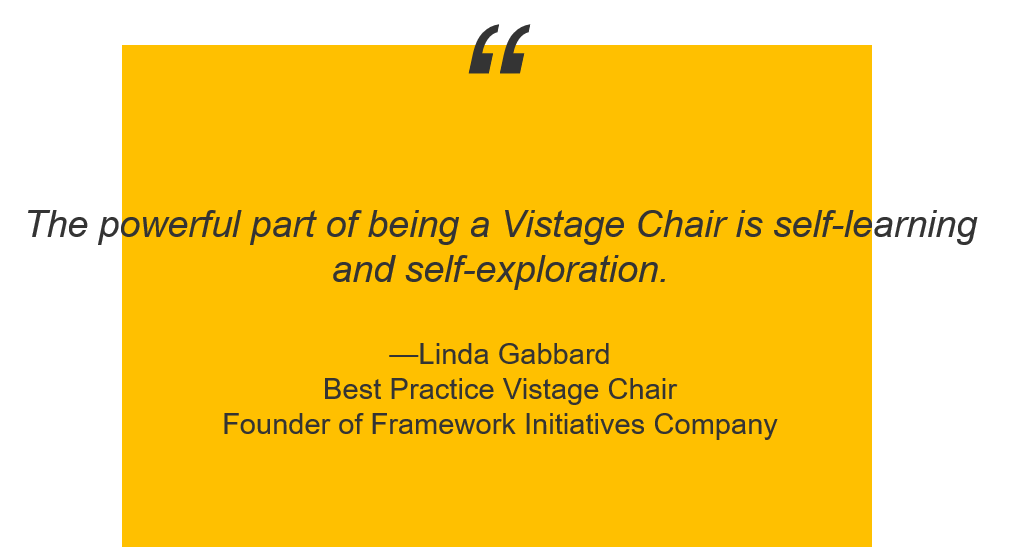9 benefits of becoming an executive coach during retirement years

Retirement isn’t what it used to be. With advances in technology and healthcare, most people still have much to offer society well beyond their 60s. And if you’ve spent decades in the business world leading companies and teams, this is especially true. Your wisdom and experience are not only of high value to today’s CEOs and business leaders, they are in high demand.
If you’re a former business leader looking for your next best step forward, consider these 9 benefits of becoming an executive coach:
1. You have the opportunity to “stay in the game.”
You have spent your career building relationships, staying informed and making decisions. It’s been exciting and rewarding — and you don’t want to give it up. As an executive coach, you don’t have to. You’re connecting with clients who are sharing their challenges and opportunities; you’re staying current with business trends and best practices; and you’re sharing your experiences and expertise to help your client leaders make better decisions. You’re in the thick of it, staying current and relevant.
2. You get to offer your expertise in a new way.
For many years and even decades, you were the one carrying all of the weight on your shoulders as a business leader. You’ve had to make some tough calls and big decisions. You likely experienced many victories and failures along the way. As an executive coach, you can share those hard-won lessons and learnings. You get to be the person you wished you had advising you throughout your career. You get to bring all of your knowledge to bear to help other leaders succeed. For many business leaders, that is a deeply fulfilling role to play.
3. You play a part in elevating leaders to become the best version of themselves.
As an executive coach, you work with clients who are committed to being better leaders who get better results. You help them set the bar for what success means to them. You hold them accountable for their goals with deadlines and action steps. You’re a sounding board to help them clarify their thinking, and you’re a support system when they get stuck. You play a vital role in their personal and professional development, paving the way for their growth and expansion.
4. You make a positive difference for the business community in your city.
As an executive coach, you are not just helping one individual, you are impacting whole companies, the communities they operate in, the people they serve, and beyond. It’s a ripple effect that helps to raise the quality of life for each person your client’s success touches.
Robert Powell, a former business leader who has been serving as a Vistage Chair since 2014, observes how his city has been impacted by the growing success of local business leaders who receive executive coaching:
5. You can earn a stable income in your retirement years.
Executive coaching can offer a consistent new revenue stream. How much you earn depends on how many clients you’re able to serve, your overhead costs (such as office space and advertising for leads) and how much you charge. You can go it alone as a private consultant or you can partner with an established executive coaching organization, such as Vistage.
6. Your coaching practice would offer a flexible schedule and lifestyle.
Being an executive coach is like running your own business. You’re in charge of your schedule, your vacation time and your client load. You can grow your practice as much or as little as you’d like to suit your lifestyle.
7. You continue to learn and grow.
What do Bill Gates, Elon Musk and Warren Buffet have in common? Aside from their riches and years of success, all are committed to reading and continuously learning. Like these iconic leaders, executive coaches never stop learning. They stay at the top of their game and continue learning more about current business trends, how to help leaders tackle issues, and develop their own abilities as a coach.
8. You can infuse purpose into your retirement years.
Many retiring executives are reconsidering a simple life of leisure as the ideal picture of their retirement and are instead searching for ways to infuse purpose into their next act. How much you put into it is what you will get out of it. Rick Schleufer, a former business leader and longtime Vistage Chair, explains it like this: “For somebody who’s thinking about becoming a Chair (executive coach), I would invite them to consider whether they’re at that point in their life, where they’re ready to move from a life of success to a life of significance.”
9. You can achieve the capstone of your career by being an executive coach.
What better way to round-out your career by guiding current executive leaders who are where you used to be? Many former business leaders call their role as executive coach the “capstone of their career” and a big part of their legacy. The rich experiences that come with executive coaching can enhance your years in retirement.
Is executive coaching right for you?
Your retirement years can be the most fulfilling years of your life, especially if you’re engaged in activities you truly love. If working with leaders in a profound way resonates with you and feels like a viable option at this point in your life, explore more about executive coaching.

